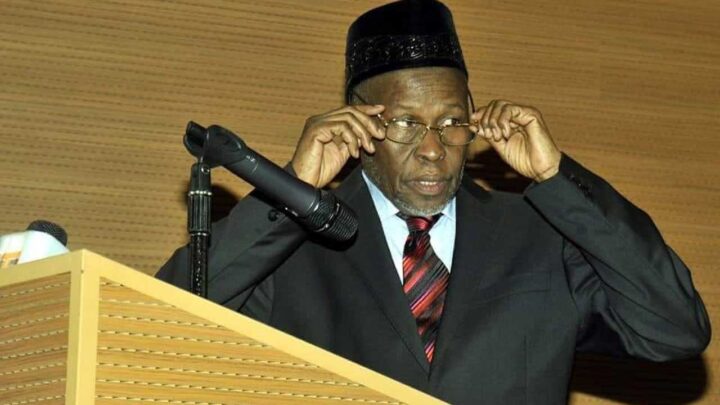The paper was entitled: ‘Role of the Judiciary and the Courts as well as Innovations in the ACJA Act 2015 and Administration of Criminal Justice (ACJ) Law of Enugu State’.
Ajah said parading suspects is “unfair” and can result in mental torture for accused persons.
“The constitution presumes every accused person as innocent until proved guilty from the point of the law,” the judge said.
Advertisement
“So, when you parade a person before the public, through the television, radio and newspapers, the public sees him as a criminal, perceives him as a criminal and most times, treats him or her as one.
“Incidentally, when the person undergoes court trial and is discharged and acquitted, there will be no opportunity of parading him again to say that he is innocent.
“Those who watched him before that had labelled him a criminal would not have the opportunity or time to watch him paraded as innocent.
Advertisement
“It is unfair hearing. It is bad and the constitution and the laws of the land are wholly against all forms of media and sensational trial of any suspects outside the court.
“The innocent person in question continues to suffer torment and mental torture throughout his lifetime, and becomes a subject of humiliation and scorn, even among his own people.”
Ajah also urged the federal government to look into increasing the number of police officers across the country, adding that 400,000 officers for a population of over 200 million people are inadequate.
“The ideal police strength should be about a million. Where the federal government cannot recruit close to this target, the states should come in with state police to meet up the required numerical strength,” he said.
Advertisement
“It should be an average of one policeman to about 200 Nigerians.”
The judge also called for use of technology to ensure a functional record system for security agencies to track criminal activities.
Add a comment





